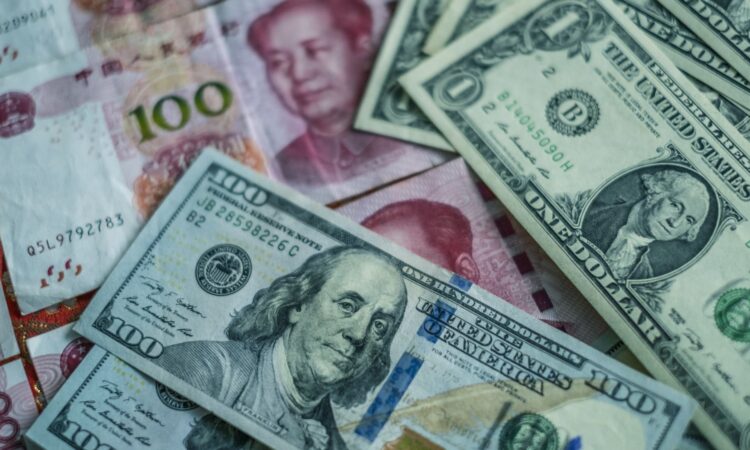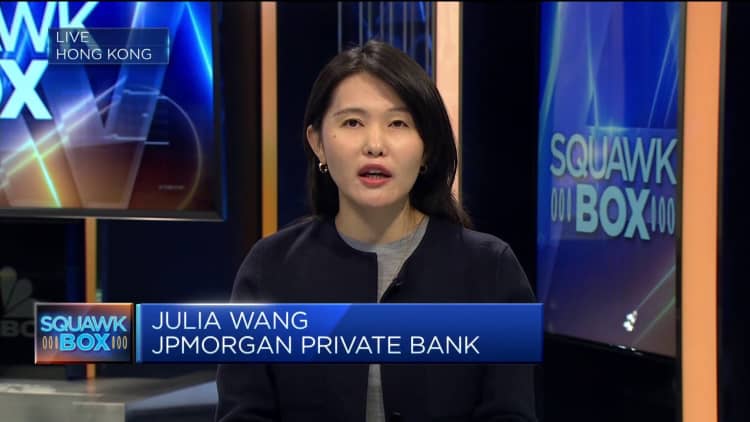
The dollar was broadly steady on Monday as a soft U.S. jobs report boosted wagers that the Federal Reserve may still cut rates twice this year, while the yen was a tad weaker to start the week.
Jackal Pan | Moment | Getty Images
Asian currencies could be on the “back foot” this year despite signals that the U.S. Federal Reserve could cut interest rates soon, according to Julia Wang, executive director and global market strategist at JPMorgan Private Bank.
Emerging market currencies often stand to gain when the Fed cuts interest rates and the U.S. dollar weakens.
But Wang said this might not be the case in 2024 as the U.S. dollar is expected to benefit from forecasts shifting to a soft landing for the U.S. economy rather than a recession.
“The dollar probably could remain somewhat resilient,” Wang told CNBC’s Squawk Box Asia on Wednesday.
It will be the U.S. presidential elections and uncertainty in the China economy may continue supporting the U.S. dollar at the end of this year, said Saktiandi Supaat, head of FX strategy at Maybank.
“The Asian currencies are not appreciating, it’s actually the dollar is positively correlated with the performance of [the] U.S. equity market because it’s a soft landing narrative, rather than a recession narrative around those rate cut bets,” Wang said.
However, Supaat, pointed out that Asian currencies did rally last year when there where expectations that the Fed was going to cut rates.

Admitting that this is a “slightly more contrarian view,” Wang said that Asian currencies could stay on the “back foot” and domestic demand in the region could be weaker than typical easing cycles.
Several analysts have said that Asian currencies such as the Chinese yuan and Indian rupee could strengthen from U.S. interest rate cuts later this year, with the Korean won likely to be one of the major beneficiaries.
Simon Harvey, head of FX analysis at Monex, predicted that the won could gain anywhere between 5% and 10% if the U.S. easing cycle is deep, but as little as 3% if the cycle is shallow.
Although many economists expect the first Fed rate cut to happen in June, JPMorgan projected that it may be “pushed back” but there could still be three rate cuts in 2024.
Inflation in the U.S. increased yet again in February, with the consumer price index rising by 0.4% for the month and 3.2% from a year earlier.
“Inflation is somewhat sticky at a 2.5-3% range. It should give investors more reasons to be cautious in terms of asking for too much by way of rate cuts,” Wang said, adding that the bank’s investments are still toward sectors that will benefit from global as well as U.S. growth and the global manufacturing sector.
— CNBC’s Shreyashi Sanyal contributed to this story.

